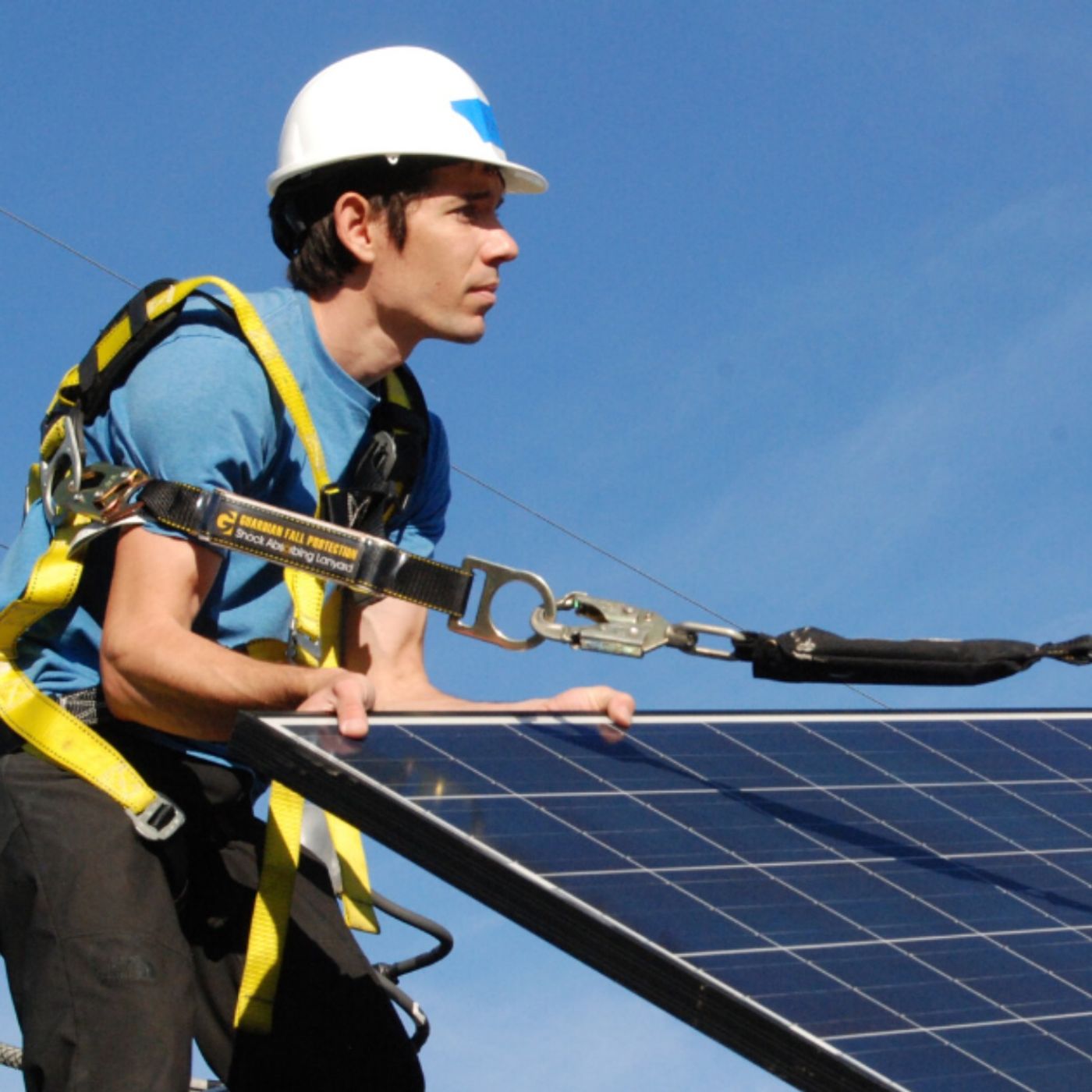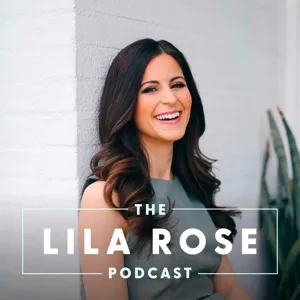Podcast Summary
Evaluating Risk vs Reward in Climbing and Entrepreneurship: Assessing personal readiness, quantifying risks, and focusing on positive impact are crucial for both climbers and entrepreneurs in their pursuit of challenges and success.
Learning from this conversation between Alex Honnold and Peter Levine, recorded at the a16z Innovation Summit, is the importance of evaluating risk versus reward, especially when undertaking challenges that have never been done before. For climbers like Honnold, this can be a more physical and internal process, where fear is a clear sign that one isn't ready. However, for entrepreneurs, the process may be more quantifiable. But, there's a risk of creating overly big objectives and taking on too much risk. Honnold and Levine discuss how to shift from stealth to the public spotlight, remove constraints to innovate, and know where you can and can't fail. Ultimately, Honnold's life philosophy of living simply and giving back, including donating a third of his income to solar projects in underserved communities, serves as a reminder that success isn't just about personal achievement, but also making a positive impact on the world.
The importance of preparation and persistence in achieving goals: Prepare and stay committed to your goals, break them down into manageable steps, learn from setbacks, and refocus your efforts for remarkable achievements
Preparation and persistence are key to achieving even the most daunting goals, whether it's free solo climbing a mountain or building a successful company. As Alex Honnold shared in the discussion, he worried about being too far out of his comfort zone while attempting to free solo El Capitan, but he was able to keep training and preparing until he felt ready. This mindset is similar to building a company, where there are objectives to be met and steps to be taken, but the focus should be on the process rather than the end goal. Alex also highlighted the importance of learning from setbacks and using them as motivation to push forward. After a failed attempt to free solo El Capitan, he went on to free solo other routes as a way to regain confidence and refocus his efforts. Furthermore, the comparison between climbing and building a company emphasizes the importance of breaking down large objectives into manageable steps and continually preparing for the next challenge. By focusing on the process and staying committed to the goal, even in the face of setbacks, individuals can achieve remarkable feats, whether it's climbing a mountain or building a successful business.
Discovering new routes led to record-breaking climb: Adaptability and thinking outside the box can lead to great achievements, even if unconventional and time-consuming.
Sometimes, breaking free from conventional methods and expanding your perspective can lead to great achievements. The speaker, in his quest to climb El Capitan, discovered that bypassing certain sections and exploring new areas, despite the lack of protection, ultimately made the climb easier and more efficient. This approach, though unconventional and time-consuming, allowed him to climb the wall in just 4 hours, compared to the original 49-day ascent. Modern climbers, with the aid of ropes and equipment, can now complete the climb in 3 to 5 days, while the speaker and his partner set the speed record at 2 hours. This story highlights the importance of adaptability and the potential rewards of thinking outside the box.
Learning from falls and iterating for success: Successful climbing and entrepreneurship require careful risk assessment and continuous improvement. Learn from setbacks, adapt strategies, and maintain control to progress towards goals.
Successful climbing, much like entrepreneurship, requires careful evaluation of risks and continuous improvement. The climbers in the discussion shared their experiences of falling, assessing the safety of their situations, and debriefing after each attempt to learn and adapt. This iterative process allowed them to progress and eventually achieve their goals. The film "Free Solo" documented their journey, adding a layer of complexity as they had to balance their climbing experience with the presence of filmmakers. Ultimately, they managed to maintain control over their climb and use the film to share their story with a wider audience. This story of determination, risk assessment, and continuous improvement resonates with the entrepreneurial spirit, encouraging us to persist in the face of challenges and continually refine our strategies.
Collaboration and preparation key to successful free solo climbing documentary: Effective teamwork and extensive preparation are essential for capturing a successful free solo climbing documentary, but the risks and challenges involved make it a unique and unrepeatable experience.
Effective teamwork and preparation were crucial for achieving a successful free solo climbing documentary. The climber worked closely with the film crew for over two years, and despite initial annoyances, the collaboration paid off during the actual solos. The crew had practiced filming techniques extensively during the climber's training sessions, allowing for a highly polished final product. The climber also emphasized that free soloing is not an easy feat to replicate, as it requires deliberate and intentional movement. Despite the potential for inspiration, the risks involved make it a unique and challenging experience that cannot be easily imitated from watching a video.
From dirtbag climber to world-renowned athlete and philanthropist: Transitioning from a simple life to success can allow for significant giving and positive impact on the world
Climbing, both as a sport and a personal journey, requires deliberate choices and mental preparation. For some, like Peter, this journey can lead to personal growth and the ability to make a positive impact on the world. Peter shared his experience of transitioning from a dirtbag climber to a world-renowned athlete and how it coincided with becoming more aware of global issues and the ability to donate a significant portion of his income to environmental projects through his foundation. This act of giving, he emphasized, is as impressive as his climbing achievements. The HONOLD Foundation, which Peter started, focuses on environmental projects as a way to give back and make a difference. By living a simple life and pursuing his passion, Peter found it easy to donate a third of his income to philanthropic causes. The inspiring message is that we all have the ability to give back and make a positive impact on the world, regardless of our circumstances.
A filmmaker's foundation evolves to support solar energy projects for a more equitable world: The Hahnold Foundation, started by a filmmaker, now supports solar energy projects worldwide, believing that environmental protection and human development are interconnected. They fund projects where communities are already working, acting as a catalyst to bring projects to fruition through research and partnerships.
The Hahnold Foundation, founded by a filmmaker who gained an environmental consciousness through his experiences, now focuses on supporting solar energy projects for a more equitable world. He realized that protecting the environment and improving living standards go hand in hand. After several years of donating through a foundation, the release of his film presented an opportunity to expand the foundation's scope and impact. The foundation now supports projects where people are already doing the work, acting as a catalyst to help communities bring their projects to fruition. The foundation's projects are decided upon through research and partnerships with organizations that can effectively carry out the work. The founder's approach is rooted in the belief that a larger impact can be made on the human side of things internationally, while the environmental impact is more significant domestically.
Balancing simple living and acquiring wealth: Individuals can reduce CO2 emissions and address climate change by finding purpose in their possessions and focusing on what truly matters, while also investing in the future and not letting material possessions distract from clear goals.
Reducing CO2 emissions and addressing climate change can be achieved through both large-scale projects and individual actions, with the latter involving finding purpose in the things we own and maintaining focus on what's most important. Alex, a professional climber, shared his personal journey of balancing simple living and acquiring wealth. He emphasized that the things he owns, such as a home in a top climbing destination, serve a purpose in helping him achieve his goals. However, it's essential to invest in the future and not let material possessions distract from clear goals. Ultimately, living simply means staying focused on what truly matters. This conversation highlights the importance of both individual actions and large-scale projects in addressing climate change and the need to find balance in our personal lives.





